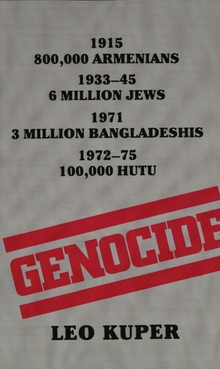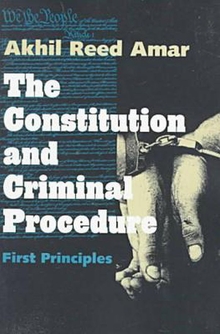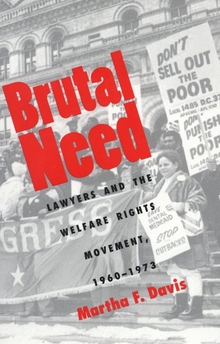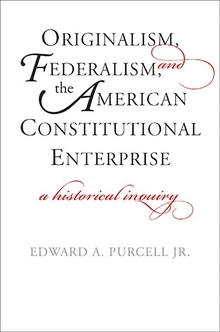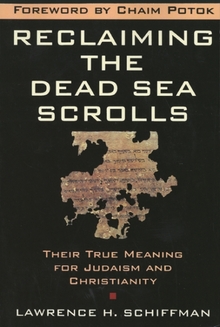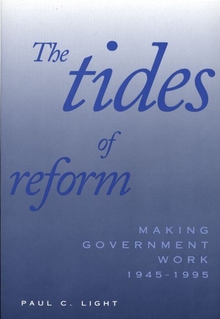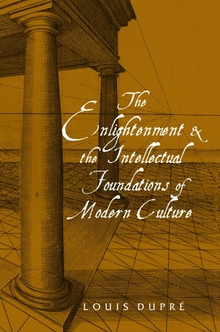Genocide
WARNING
You are viewing an older version of the Yalebooks website. Please visit out new website with more updated information and a better user experience: https://www.yalebooks.com
Its Political Use in the Twentieth Century
Leo Kuper
“A useful study. . . with extensive historical detail. . . . Kuper blames the many genocidal massacres of recent years on the failure of the United Nations and the major powers to enforce the (Genocide) Convention, and he has little difficulty in showing the records to be shabby.”—Telford Taylor, The New York Times Book Review
“Genocide represents the climax of a concern which Leo Kuper has pursued over many years and in many different books. If there were a peace prize for sociologists, it should be awarded to him.”—Michael Banton, Times Literary Supplement
“Perceptive, original, and compelling study. . . Systematic, informative, and wide-ranging. . . . A profound meditation on genocide.”—Roger W. Smith, Perspective
“In this well-written and well-researched comparative study, Kuper examines the massacre of the Armenians by the Turks during World War I, the Holocaust, and other related indifference displayed by the United Nations and the lack of universal public education about genocide.”—Alvin R. Sunseri, Library Journal
“The definitive work on this subject.”—Virginia Quarterly Review
“Genocide represents the climax of a concern which Leo Kuper has pursued over many years and in many different books. If there were a peace prize for sociologists, it should be awarded to him.”—Michael Banton, Times Literary Supplement
“Perceptive, original, and compelling study. . . Systematic, informative, and wide-ranging. . . . A profound meditation on genocide.”—Roger W. Smith, Perspective
“In this well-written and well-researched comparative study, Kuper examines the massacre of the Armenians by the Turks during World War I, the Holocaust, and other related indifference displayed by the United Nations and the lack of universal public education about genocide.”—Alvin R. Sunseri, Library Journal
“The definitive work on this subject.”—Virginia Quarterly Review
"A valuable study of what the term 'genocide' means and what the concept should include."—Kirkus Reviews
"A useful study . . . with extensive historical detail. . . . Kuper blames the many genocidal massacres of recent years on the failure of the United Nations and the major powers to enforce the [Genocide] Convention, and he has little difficulty in showing the record to be shabby."—Telford Taylor, New York Times Book Review
"With its wide scope and many insights this major work will become an important reference for scholars interested in the phenomenon of genocide."—Robert Melson, American Political Science Review
"In this well-written and well-researched comparative study, Kuper examines the massacre of the Armenians by the Turks during World War I, the Holocaust, and other related atrocities. . . . It is his hope that the book will lead to greater public awareness and subsequent condemnation of such acts of organized savagery. Highly recommended for most libraries."—Library Journal
"A careful and reasoned study."—Richard L. Wentworth, Christian Science Monitor
"Kuper has written what has to be the definitive work on this subject."—Virginia Quarterly Review
"A profound meditation on genocide."—Roger W. Smith, Perspective
"The most judicious study to date of the social factors that produce mass murder. . . . Kuper's style is admirable, devoid of rhetoric yet animated by a deep moral sensibility."—Ethics
"Provocative and bold."—Josephine Knopp, The Annals of the American Academy of Political and Social Science
"Genocide represents the climax of a concern which Leo Kuper has pursued over many years and in many different books. If there were a peace prize for sociologists, it should be awarded to him."—Michael Banton, Times Literary Supplement
"This book makes compelling reading. . . . What has been needed for some times is a serious and credible effort to separate demagoguery and double standards of judgment from the assessment of whether genocide is actually being practiced in a given situation. Kuper's book performs this task."—James Turner Johnson, Political Science Quarterly
ISBN: 9780300031201
Publication Date: September 10, 1983
Publication Date: September 10, 1983
256 pages, 5 1/8 x 8 1/4

